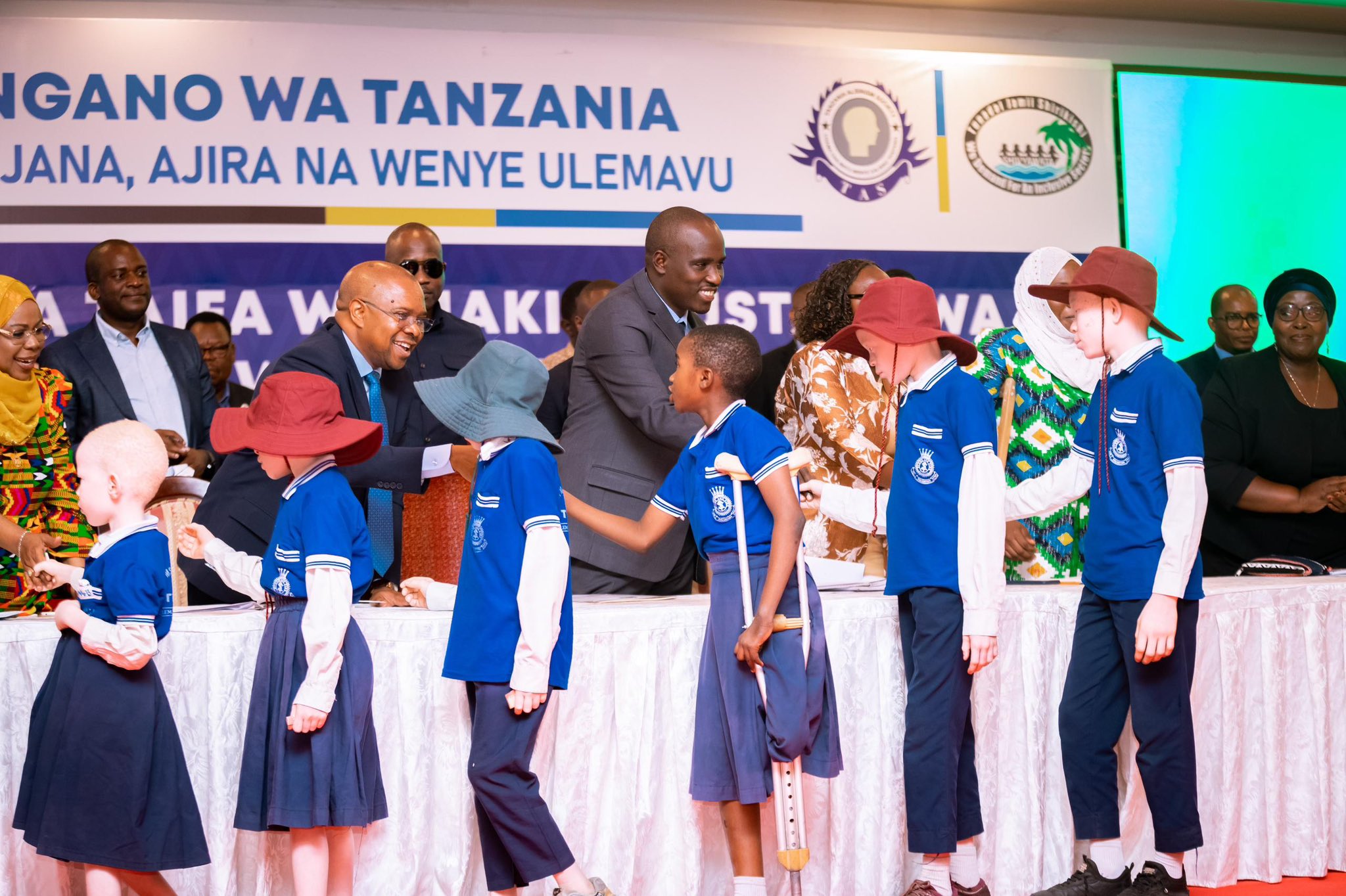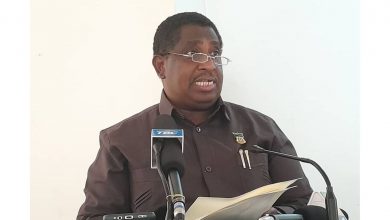Biteko directs RCs to implement National Action Plan for people with albinism

DAR ES SALAAM: DEPUTY Prime Minister and Minister for Energy, Dr Doto Biteko has directed Regional Commissioners (RCs) across the country to ensure the National Action Plan for the Rights and Welfare of People with Albinism is effectively executed.
The plan includes allocating a budget for the purchase of protective creams for each individual with albinism and registering them in the national disability database.
He gave the instruction yesterday in Dar es Salaam when he represented the Prime Minister Kassim Majaliwa at the national-level commemoration of the International Day of Persons with Disabilities (IDPD).
At the event, the deputy Premier also launched the National Action Plan for the Rights and Welfare of Persons with Albinism and the National Strategy for Assistive Technologies.
Dr Biteko also instructed the RCs to ensure the National Assistive Technology Strategy for People with Disabilities is effectively implemented.
He stressed the need for councils to allocate funds to purchase assistive devices, considering the specific needs and quality standards and conducting assessments for beneficiaries before distributing the devices.
“These devices are intended to assist children with special needs, including those in daycare centres, primary schools, secondary schools and higher learning institutions,” he said.
He said that statistics show only 4 per cent of people with disabilities in Tanzania have access to assistive technology, indicating a need for increased funding to support them.
“The government continues to provide quality education to students with special needs through various initiatives. In the 2023/2024 fiscal year, the government allocated 4.3bn/- and for the 2024/2025 fiscal year, 4bn/- was allocated for the purchase of assistive devices for students in primary schools, secondary schools and universities,” he added.
ALSO READ: Include people with albinism in development – call
He explained that the devices include brain-machine interfaces, hearing aids, magnifying lenses, white canes and wheelchairs to help students fully participate in education without being left behind due to their disabilities.
Dr Biteko further said that the government has also improved healthcare services for people with disabilities, including those with albinism, by enhancing existing health facilities and building disability-friendly infrastructure.
Moreover, he said by March 2024, Tanzania had 12,266 health centres and that specialised centres for the treatment of skin cancer among people with albinism have been established at Ocean Road and Muhimbili Hospitals in Dar es Salaam, Bugando in Mwanza, KCMC in Kilimanjaro and in other regional hospitals across the country.
He called on the relevant monitoring and evaluation unit in the Prime Minister’s Office to closely follow up with each government institution to ensure the implementation of the policy for supporting special groups.
On his side, the Minister of State in the Prime Minister’s Office (Youths, Labour and People with Disabilities), Mr Ridhiwani Kikwete said the launching of the National Assistive Technology Strategy would significantly benefit persons with disabilities by focusing on their specific needs.
“This strategy is anchored on four key pillars, including governance, leadership, good administration and service delivery for assistive devices.
He said the government is committed to taking concrete actions to end the cruel acts against people with disabilities.
He noted that the CCM’s 2020-2025 election manifesto outlines the government’s dedication to combating harmful traditional practices and ensuring dignity, equality, rights and good governance for all Tanzanians.
UNFPA Representative to Tanzania, Mark Bryan Schreiner expressed the significance of the event by emphasising the global reality that nearly one in six people worldwide live with a disability, and one in nine in Tanzania alone.
He said the newly launched strategies, which reflect Tanzania’s commitment to inclusivity, are not just policy documents but catalysts for transformation, saying they are designed to ensure the safety, equity and opportunity for persons with albinism and disabilities, ensuring that no one is left behind in the country’s development journey.
Globally, over 1.3 billion people, or 16 per cent of the population experience significant disabilities, according to UNFPA.
In Tanzania, the 2022 Population and Housing Census identified approximately 61,700 persons with disabilities, with more than 110,000 households having at least one member with a disability.





